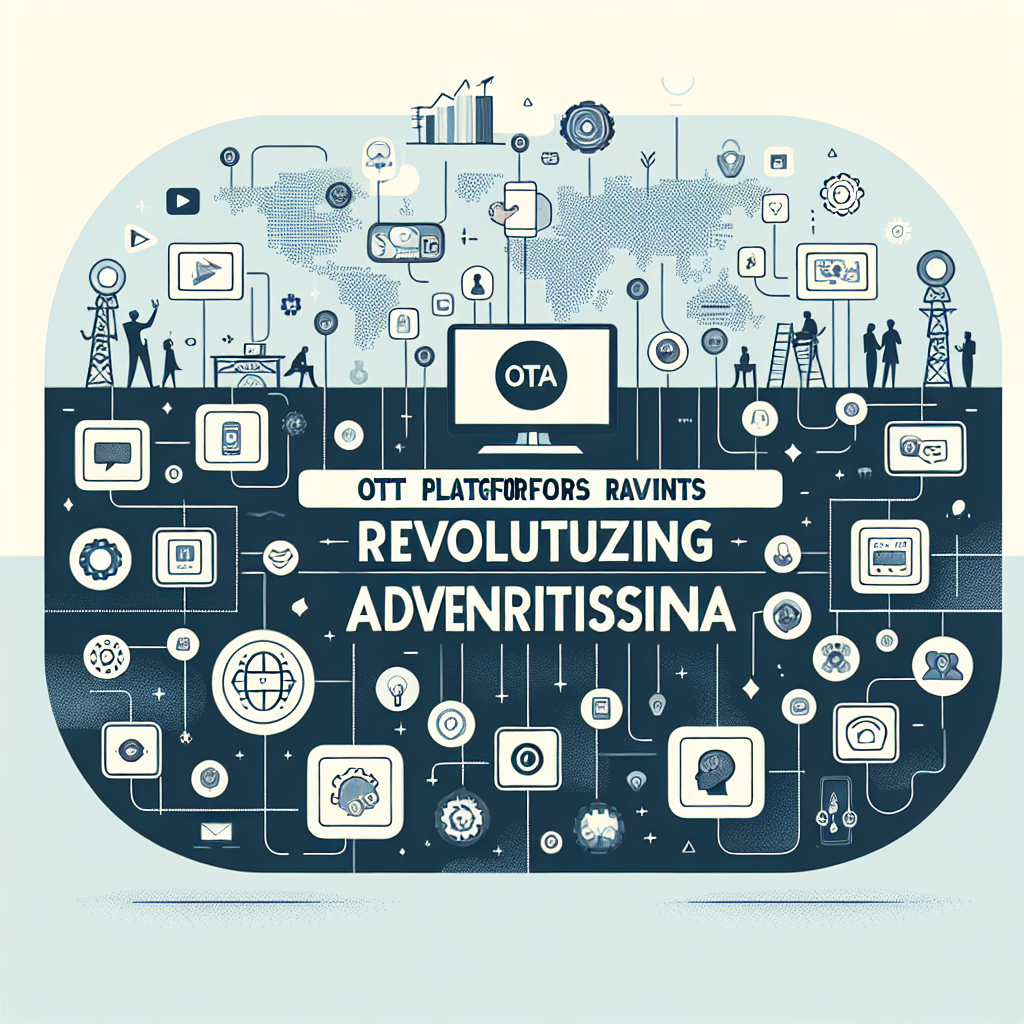The Future of Media Agencies
Last week, Amanda, the CEO of a mid-sized media agency, received a call that would fundamentally change her perspective on the industry's future. A longtime client had decided to bring their media buying in-house, citing the availability of programmatic platforms and data analytics tools that previously required agency expertise. However, rather than terminating their relationship entirely, the client proposed a new arrangement. They wanted Amanda's agency to serve as strategic consultants and technology orchestrators, helping them navigate the complex ecosystem of marketing tools while providing cultural insights and creative strategy guidance. The proposal required Amanda's team to evolve from media buyers to technology advisors, data strategists, and cultural consultants. Within six months of accepting this new model, Amanda discovered that their consulting and orchestration services commanded 40% higher margins than traditional media buying while creating deeper, more strategic client relationships. Her agency had transformed from a service provider executing media plans to a strategic partner helping clients build comprehensive marketing capabilities. This evolution required significant investment in technology expertise, cultural intelligence, and strategic consulting skills, but the results exceeded expectations. Client retention improved by 60%, new business opportunities increased by 85%, and team satisfaction soared as employees engaged in more strategic, creative work rather than routine media execution.
Amanda's transformation illustrates the fundamental evolution occurring across the media agency landscape, where traditional buying functions are being replaced by higher-value consulting, orchestration, and strategic services.
Introduction The Great Media Agency Transformation
The media agency industry stands at a critical inflection point where traditional business models face obsolescence while new opportunities for strategic value creation emerge. This transformation extends beyond technological adaptation to encompass fundamental changes in client relationships, service offerings, and organizational capabilities.
Historical media agency value derived from exclusive access to media inventory, proprietary data, and specialized buying expertise. Digital transformation has democratized these advantages, enabling clients to access inventory directly through programmatic platforms, analyze data through sophisticated tools, and execute campaigns through automated systems.
However, this disruption creates opportunities for agencies that can evolve beyond transactional media buying toward strategic consultation, technology orchestration, and cultural intelligence services. Research from the 4A's Foundation indicates that agencies providing strategic consulting and technology integration services achieve 43% higher profit margins and 67% better client retention compared to traditional media buying operations.
The future belongs to agencies that can master the intersection of technology, data, and cultural understanding while providing orchestration services that simplify the increasingly complex marketing technology ecosystem for clients.
1. Evolution from Media Buyers to Strategic Consultants and Orchestrators
The fundamental shift from transactional execution to strategic guidance represents the most significant change in agency business models since the advent of digital advertising.
Strategic Consultation Services
Modern agencies are developing capabilities that extend far beyond media placement to encompass comprehensive marketing strategy development. This includes customer journey optimization, brand positioning guidance, competitive analysis, and long-term strategic planning that integrates media with broader business objectives.
Successful agencies are building consulting practices that help clients understand market dynamics, consumer behavior trends, and emerging opportunities that impact media strategy. This requires deep industry knowledge, analytical capabilities, and strategic thinking skills that extend beyond traditional media planning competencies.
McKinsey's acquisition of multiple digital agencies demonstrates this trend, where traditional consulting firms recognize the value of integrated marketing and media expertise that can address broader business challenges.
Technology Orchestration Leadership
The marketing technology landscape now includes thousands of platforms, tools, and systems that require sophisticated integration and management. Agencies are positioning themselves as orchestrators who help clients navigate this complexity while optimizing technology investments.
This orchestration role includes vendor evaluation, integration planning, data flow management, and performance optimization across multiple platforms. Agencies that master technology orchestration create significant value by simplifying complexity and improving marketing effectiveness.
Cultural Intelligence and Trend Forecasting
Agencies are developing cultural intelligence capabilities that help clients understand and respond to evolving consumer behaviors, cultural movements, and social trends. This expertise becomes increasingly valuable as brands navigate complex cultural landscapes and emerging consumer expectations.
The ability to interpret cultural signals, predict trend impacts, and guide brand responses to cultural moments creates strategic value that cannot be automated or commoditized.
2. The New Strategic Triangle of Tools, Data, and Creativity
Future agency success depends on mastering the intersection of technological capability, data intelligence, and creative insight.
Technology Mastery and Integration
Agencies must develop deep expertise across the marketing technology ecosystem, including programmatic platforms, customer data platforms, analytics tools, and emerging technologies like AI and machine learning. This technical competency enables agencies to recommend optimal tool combinations and manage complex integrations.
The key lies not just in understanding individual tools but in orchestrating comprehensive technology ecosystems that work together effectively. This systems thinking approach creates value that individual tool vendors cannot provide.
Data Intelligence and Analytics
Advanced data analytics capabilities enable agencies to provide insights that guide strategic decision-making beyond media optimization. This includes customer lifetime value analysis, attribution modeling, predictive analytics, and market intelligence that inform broader business strategies.
Agencies that can transform data into actionable insights create consulting value that extends across marketing disciplines and business functions.
Creative Strategy and Cultural Relevance
Despite technological advancement, creative insight and cultural understanding remain fundamentally human capabilities that drive effective marketing. Agencies must balance technological sophistication with creative intuition and cultural intelligence.
The most successful agencies are those that can integrate data insights with creative strategy to develop campaigns that are both analytically optimized and culturally resonant.
Cross-Disciplinary Integration
The future requires agencies that can seamlessly integrate technology, data, and creativity rather than treating them as separate disciplines. This integration capability creates comprehensive solutions that address complex marketing challenges holistically.
3. Mastering Technology, Context, and Culture for Competitive Advantage
Agencies that successfully navigate the future will excel at understanding and integrating technological capabilities with contextual market understanding and cultural intelligence.
Technological Fluency Across Platforms
Future agencies must develop expertise across emerging technologies including artificial intelligence, machine learning, augmented reality, voice interfaces, and IoT platforms. This requires continuous learning and adaptation as new technologies emerge and evolve.
The goal is not just technological adoption but strategic application that creates competitive advantages for clients through innovative approaches and superior execution capabilities.
Contextual Market Intelligence
Understanding market context, competitive dynamics, and industry trends enables agencies to provide strategic guidance that extends beyond media tactics to encompass broader business strategy. This contextual intelligence becomes increasingly valuable as markets become more complex and competitive.
Cultural Fluency and Social Awareness
Cultural understanding enables agencies to help clients navigate complex social landscapes, respond appropriately to cultural movements, and connect authentically with diverse audiences. This capability becomes critical as brands face increasing scrutiny regarding cultural sensitivity and social responsibility.
Global-Local Balance
International agencies must master the balance between global consistency and local relevance, understanding how cultural contexts vary across markets while maintaining coherent brand strategies. This requires both cultural intelligence and operational sophistication.
Wieden+Kennedy demonstrates this principle through their global network approach, where local offices maintain cultural expertise while sharing strategic frameworks and creative approaches across markets.
Case Study Havas Media Group's Meaningful Brands Transformation
Havas Media Group transformed their business model from traditional media buying to strategic consulting through their Meaningful Brands methodology, which focuses on brand purpose and cultural relevance rather than traditional media metrics.
The agency developed proprietary research capabilities that measure brand meaningfulness across cultural, functional, and personal dimensions. This methodology enables them to provide strategic consultation that extends beyond media optimization to encompass brand positioning, purpose development, and cultural strategy.
Havas integrated technology platforms, data analytics, and cultural intelligence to create comprehensive consulting services. Their approach combines advanced data analysis with cultural insights to help clients build meaningful connections with consumers.
The transformation generated significant business results. Havas achieved 15% organic growth while improving profit margins by 23% compared to traditional media buying operations. Client retention improved by 45%, and new business wins increased by 67% as clients sought strategic partners rather than media execution services.
Most importantly, the Meaningful Brands approach created differentiation in a commoditized market by focusing on strategic value creation rather than media buying efficiency. The methodology became a competitive advantage that enabled Havas to command premium pricing while building deeper client relationships.
The case demonstrates how agencies can successfully evolve from media buyers to strategic consultants by developing proprietary methodologies that integrate technology, data, and cultural intelligence into comprehensive consulting services.
Conclusion The Strategic Future of Media Agencies
The future of media agencies lies not in preserving traditional business models but in embracing fundamental transformation toward strategic consultation, technology orchestration, and cultural intelligence services. This evolution requires significant investment in new capabilities while abandoning outdated approaches that no longer create client value.
Successful agencies will become strategic partners that help clients navigate increasing complexity while building meaningful connections with consumers. This transformation demands courage to change established practices and wisdom to preserve valuable expertise while developing new competencies.
The agencies that successfully navigate this transition will create sustainable competitive advantages through strategic value creation rather than operational efficiency, building deeper client relationships and achieving superior financial performance.
Call to Action
Agency leaders must immediately begin strategic transformation by conducting comprehensive capability audits to identify gaps in technology, data, and cultural expertise, developing strategic consulting capabilities that extend beyond media planning to encompass broader marketing strategy, investing in technology integration expertise that enables comprehensive marketing ecosystem orchestration, building cultural intelligence teams that can provide meaningful insights into consumer behavior and social trends, and creating new business models that emphasize strategic value creation over transactional media execution.
The future belongs to agencies that embrace strategic transformation while preserving the creative and cultural insights that distinguish human intelligence from technological capability.
Featured Blogs
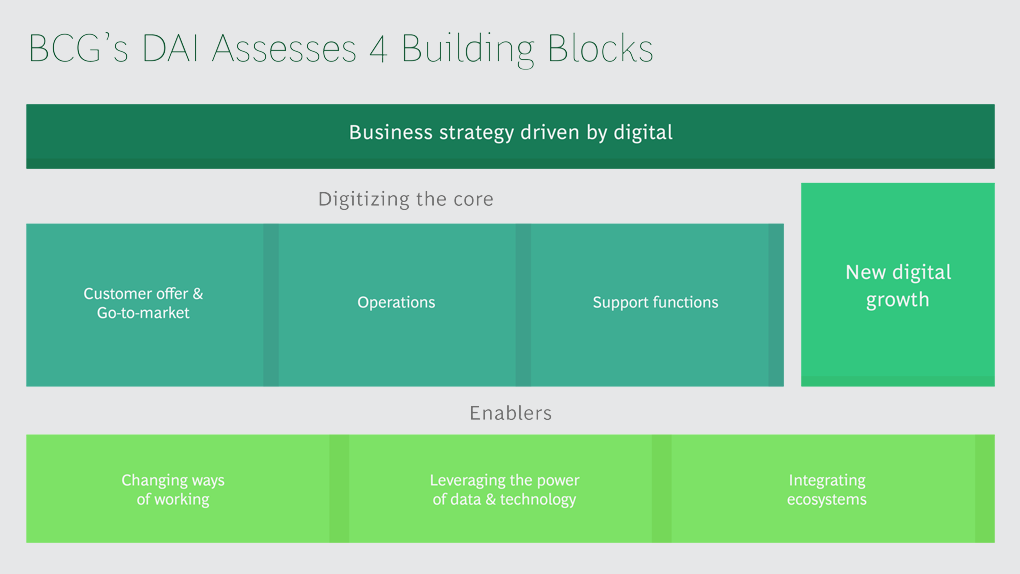
BCG Digital Acceleration Index
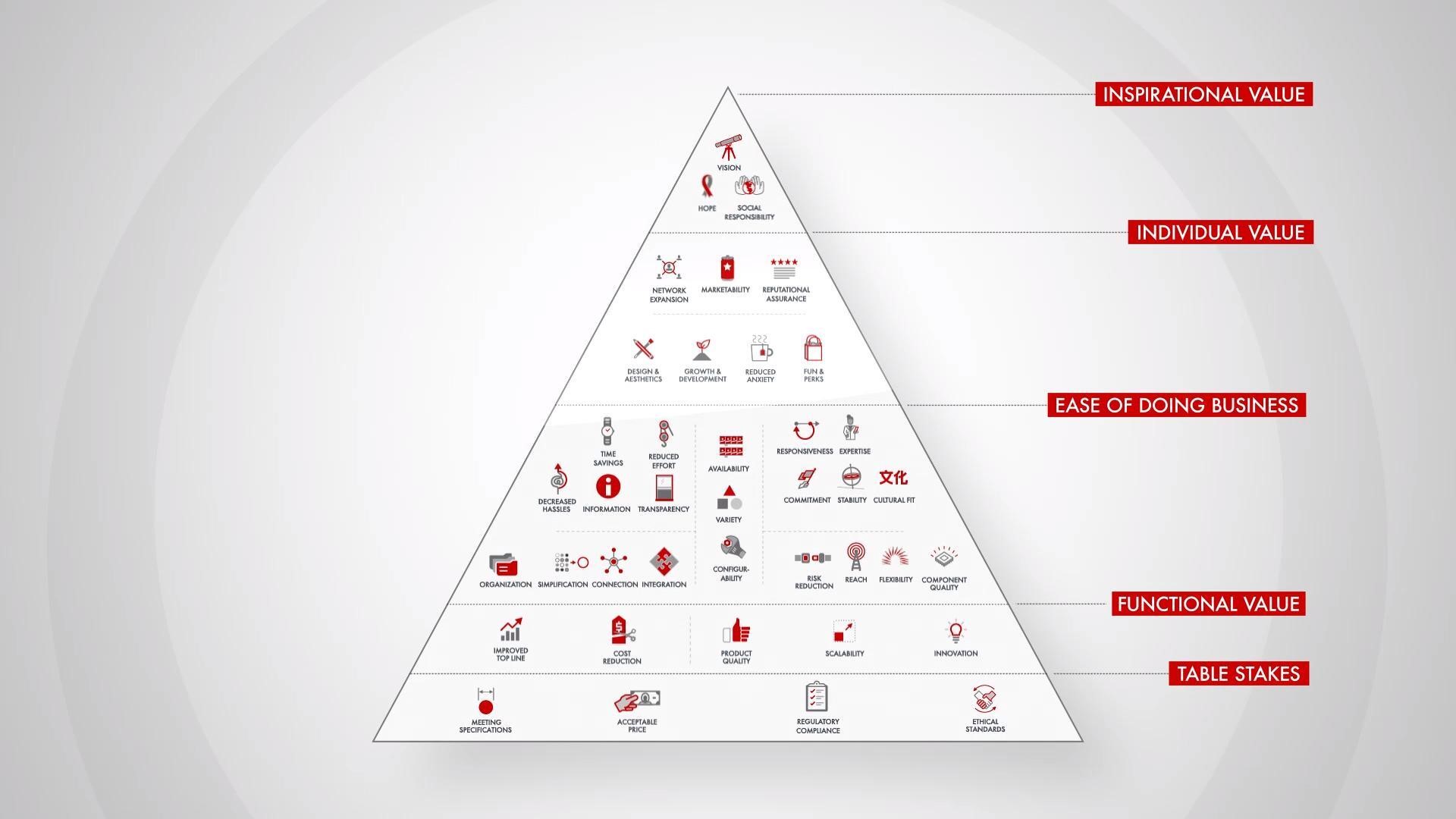
Bain’s Elements of Value Framework
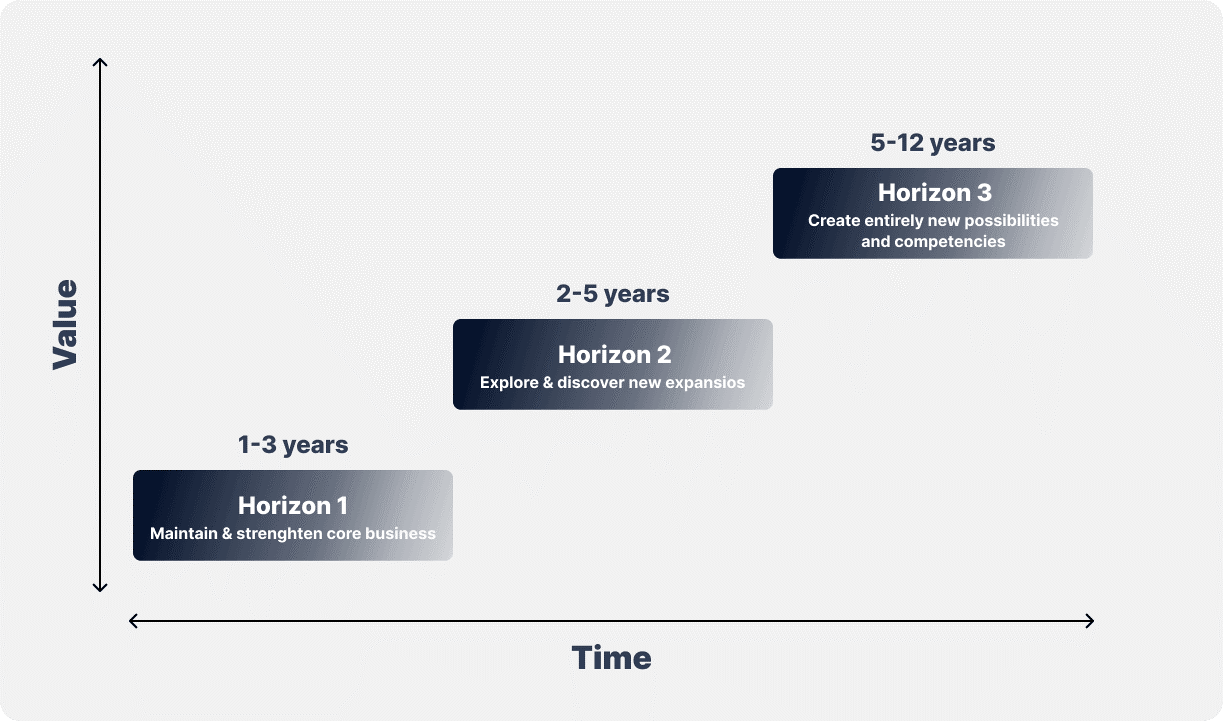
McKinsey Growth Pyramid
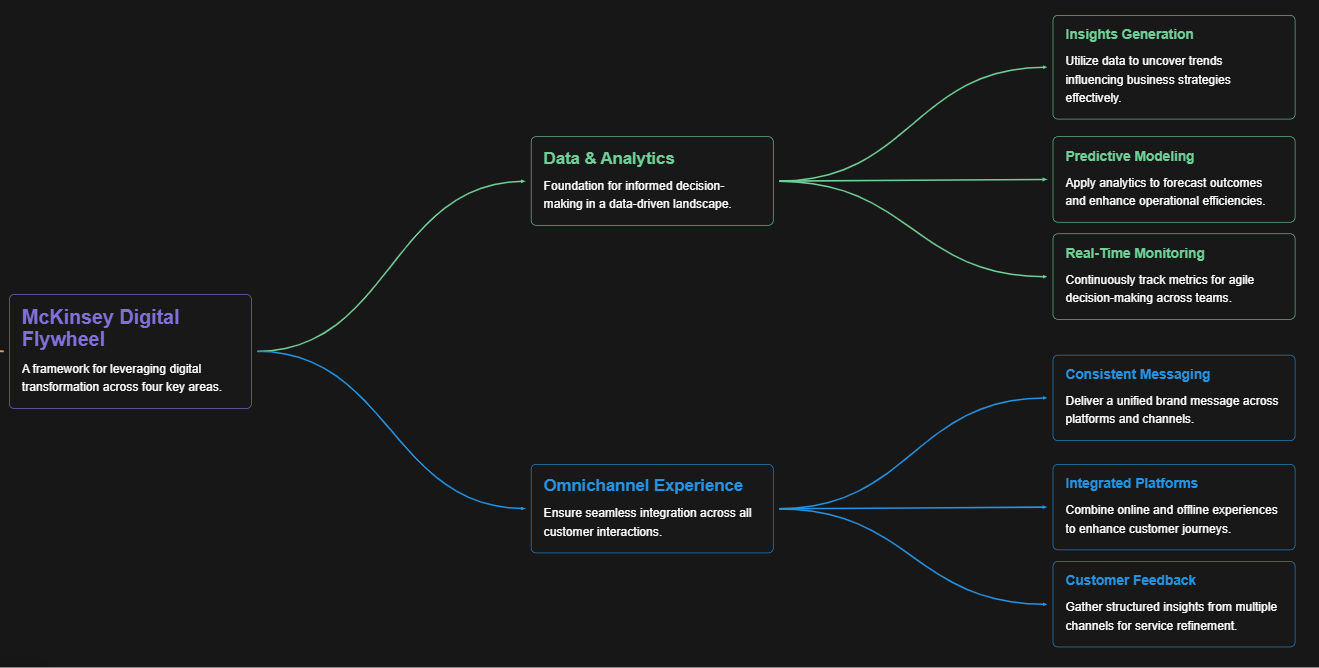
McKinsey Digital Flywheel
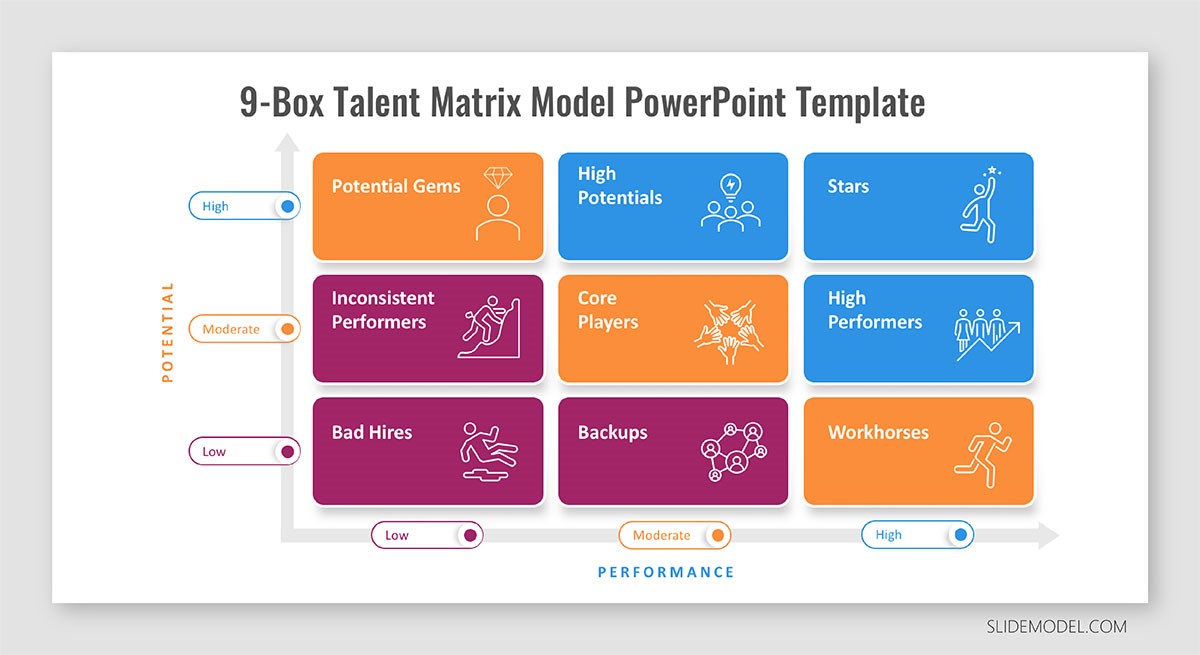
McKinsey 9-Box Talent Matrix
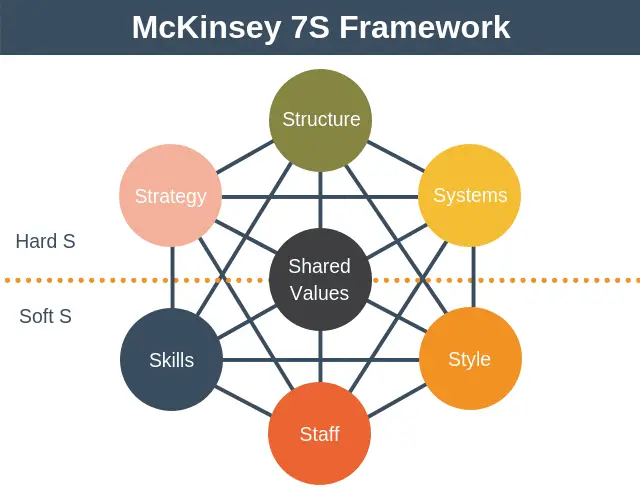
McKinsey 7S Framework
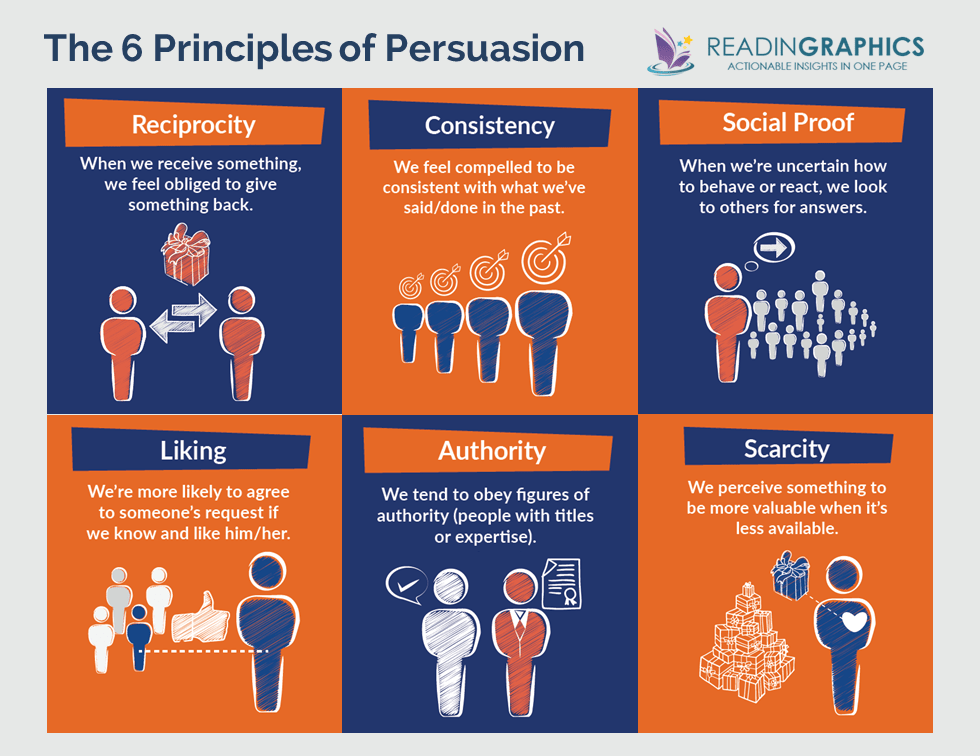
The Psychology of Persuasion in Marketing
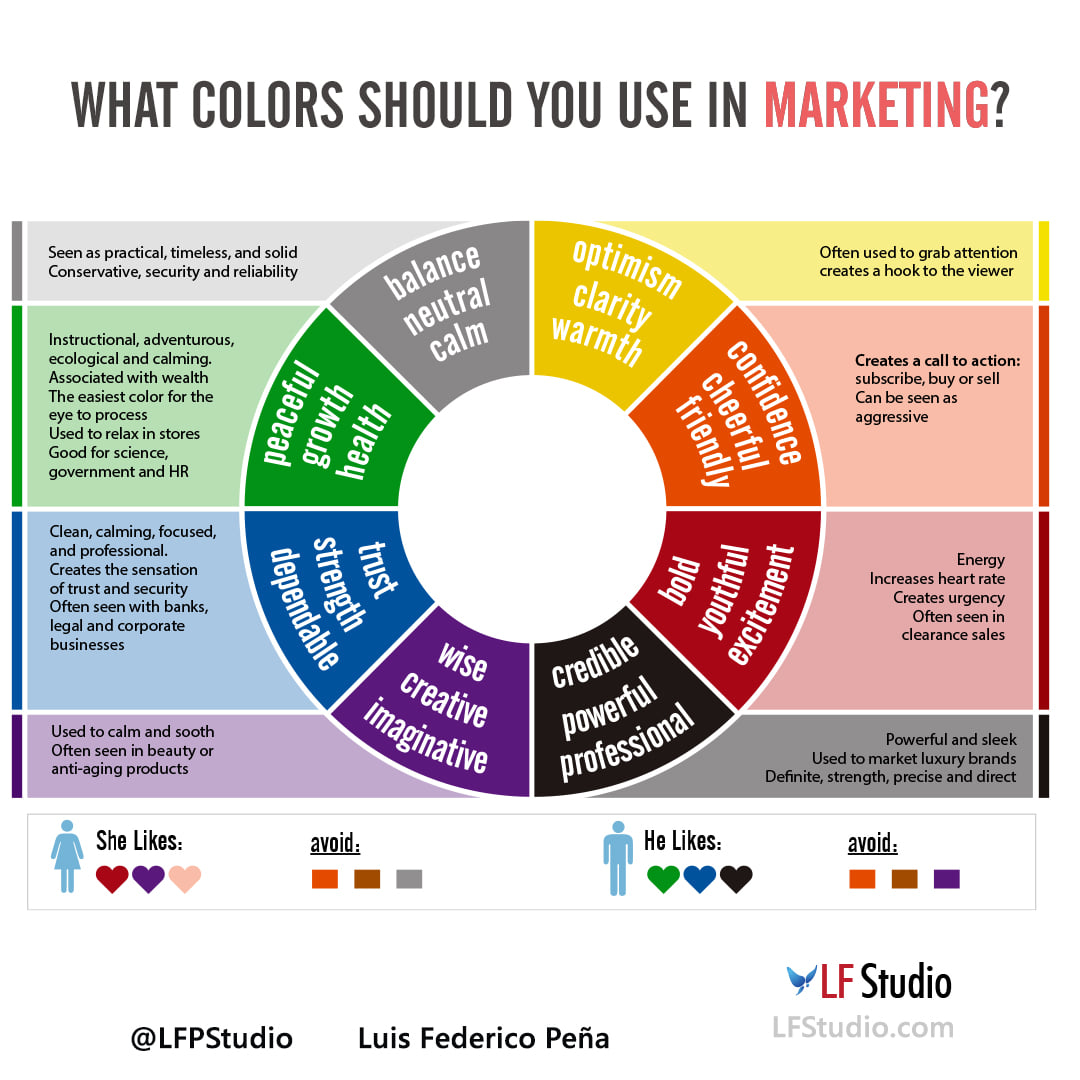
The Influence of Colors on Branding and Marketing Psychology





